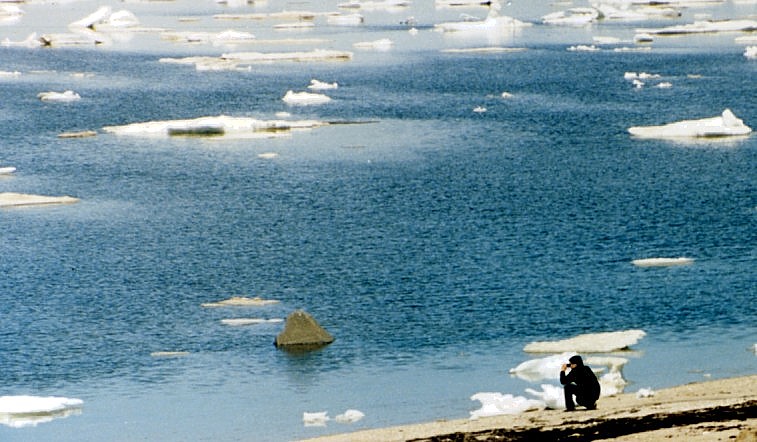December 2013
This website has no affiliation with the Canadian Pacific Railway, Canadian National Railway or any other corporation or organization.
Unless otherwise indicated, photographs and whimsical text © David J Gagnon
There are many David Gagnons out there, so I add the middle initial.
Some background ...
Most of my life has been spent within a mile of the former Grand Trunk Railway line connecting Montreal and Toronto.
In my past I have studied, and taken up 'cultural membership' - if only briefly - in the following groups:
- dairy farmers
- railway operating employees
- health care professionals - primary and support services
- labour and safety representatives - unionized
- hospital managers - a rather long stint
- new immigrant orientation to Canadian culture - primarily with newcomers from China
- licensed professional advisers on securities and personal financial planning - 'stockbrokers'
I enjoy understanding and designing efficient systems. Human history and its old technologies offer many examples.
Humans of the past didn't have micro semi-conductors. However, they were just as ingenious as we in their use of all the available technologies of their times.
Writing about history and archaic technologies in history help me better understand 'the human experience' of a particular period:
- What did old-timey people have all around them?
- What did they understand and believe?
- What did they hope for?
- How did they perceive their future?
Try this example in recent history ...
- Our first home PC has an 8 mHz 'clock' and we preserve it and its 5.25 inch floppies because it has now become a historic artifact.
- Why would ANYONE spend a total
of $4000 in the late 1980s: 1) To buy a
computer with a colour monitor and a 9-pin dot-matrix
printer? 2) To later upgrade it?
After most of this website was completed, I enjoyed a Tumblr account for a few years, and currently maintain a Twitter account ... but like Beta, VHS, audio tapes, floppy discs, iTunes files ... these technologies will not faithfully preserve their data long into the future.
Today, most people use paper for the short-term storage of data - such as printing out a report, an email, or an article. However, data stored on paper has proven to be much more durable than most of the electronic technologies of the last three decades!
A wonderful website which preserves and distributes more paper data than we could ever hope to have access to in analogue form is www.archive.org - a non-profit organization's work to scan and preserve historic library books (and many other things) on line, so they can be freely accessed by the public. When people email me about particular historical images or information on this site, I usually tell them about archive.org as well.
This Rolly Martin Country website runs on quaint old HTML. These pages arose from the HTML composing tool included with the Netscape browser and this basic functionality is still available for download within the SeaMonkey browser. An interesting aspect of this robust HTML technology is that a functionally complete 'website' can exist within a folder on your computer. Links and embedded objects can be completely tested before uploading to an internet server.
With regular backups of less than 100MB, my old off-line website backup folder has out-lived quite a few flamed-out laptops. The 100MB size has been dictated by the limits of my ISP's enduring free website conditions of a decade ago.
Regarding my writing ... just as humans in history had certain beliefs, understandings and outlooks - some of my older pages may contain opinions or ideas which I have since reconsidered and modified.

Photographing the ice with a long lens at Churchill on Hudson Bay, June 1987.
Photo by my spouse.